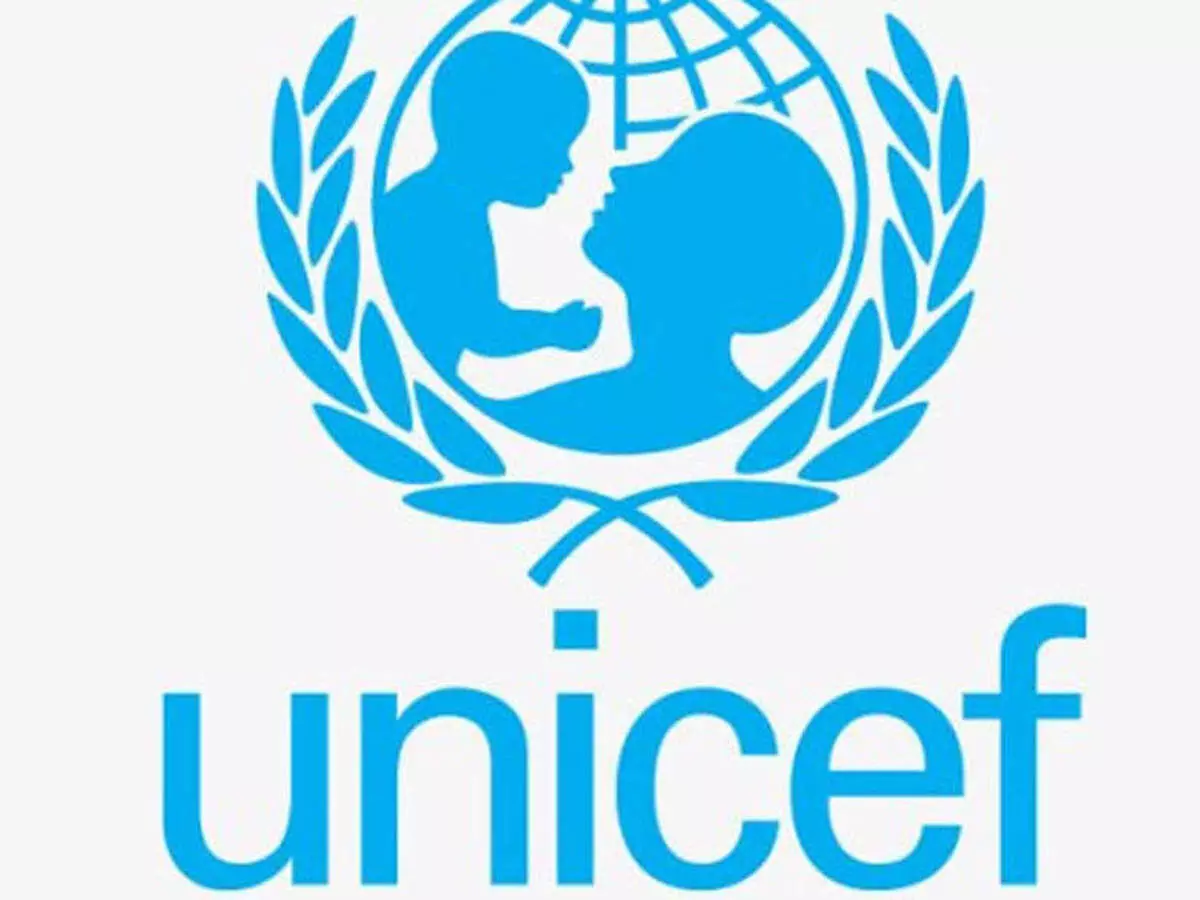- Home
- /
- Trending-News
- /
- Most Oyo State schools...
Most Oyo State schools without access to basic sanitation services, UNICEF says

The United Nations Children’s Fund (UNICEF) says 74 per cent of schools in Oyo State exist without access to basic sanitation services.
Dr Emmanuel Orebiyi, the Water, Sanitation and Hygiene Consultant in UNICEF’s Lagos office, disclosed this in Ibadan during a Menstrual Hygiene Management (MHM) Stakeholders’ Engagement.
Supreme News reports that the event was organised by the Oyo State Rural Water Supply and Sanitation Agency (RUWASSA) with technical support from UNICEF.
It was organised to celebrate the 2023 Menstrual Hygiene Day in Oyo State.
In his presentation, Orebiyi said 91.4 per cent of schools in Oyo State did not have disposable mechanism for menstrual hygiene waste.
The UNICEF consultant, who sought the intervention of all stakeholders, including government, said that 0.4 per cent of schools in the state provided menstrual hygiene materials such as pad free.
Orebiyi said that only eight per cent of schools in Nigeria have girls toilets compartment with provisions for MHM.
“MHM should be a concern not only for women, but for men and women equally, as well as societies.
“I therefore urge governments to invoke the ethical principles of beneficence and healthcare justice for the development of coordinated health policy by all levels of government,” he said.
Orebiyi said such coordinated health policy would support the development and implementation of effective MHM programmes.
The UNICEF consultant said that empowering women through MHM involved providing education and awareness, as well as ensuring affordable and accessible menstrual products.
He called for improved MHM awareness, saying that effective action would lead to better reproductive health, better academic performance and greater self esteem.
Mr Adegoke Ayodele, RUWASSA Director of Community Mobilisation and Hygiene Education, said the programme was aimed at brainstorming and equiping girls of menstrual age with the required knowledge.
He listed mood swings, pains, stooling, vomiting, tiredness, amongst others, as the challenges experienced by some girls during menstrual periods.
Ayodele said Nigerians should be discouraged from believing in wrong myths about menstruation, calling for the creation of awareness through dissemination of appropriate information to the public.
“There is the need to improve pupils and teachers’ knowledge on menstruation hygiene, while promoting action on menstrual health,” he said.
Mrs Aderonke Akinola-Akinwole, UNICEF Representative, and Mr Olabode Popoola, a RUWASSA Director, highlighted the importance of the stakeholders’ engagement.
Akinola-Akinwole said the meeting was crucial to the development of the girl-child through eradication of menstrual poverty and promotion of sound menstrual health.
Popoola called for collective effort of all stakeholders towards ensuring effective MHM.
Supreme News reports that participants at the meeting, drawn from the media, state government ministries and parastatals as well as Civil Society (CSOs), resolved to work towards the promotion of effective MHM.



